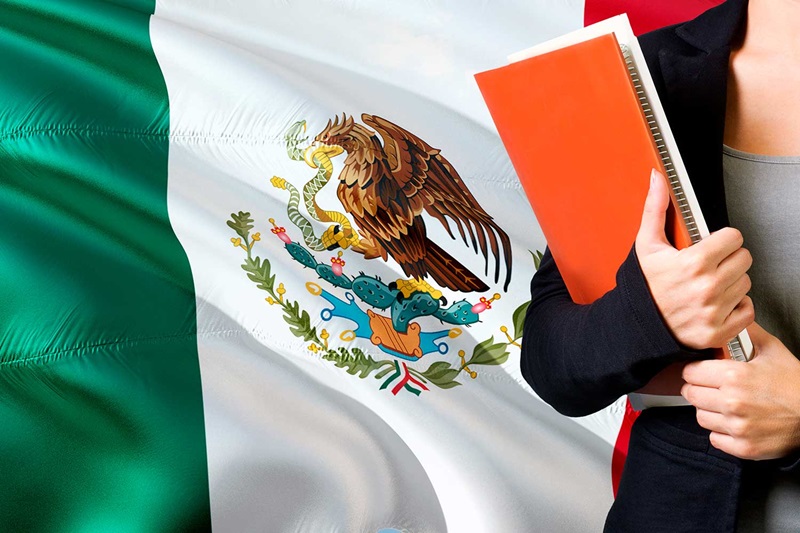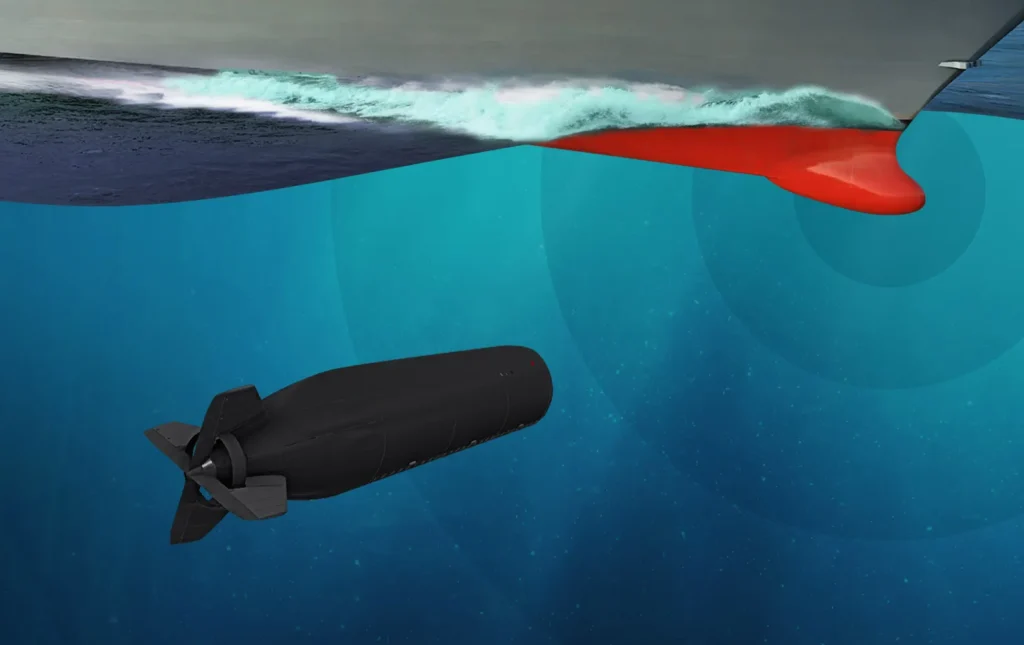The Fastest Swimmers in the World: A Dive into the Speed of Aquatic Legends

The fastest swimmers in the world are endowed with abilities and conditions that make them invincible in the water.
This refers not only to animals but also to people who live and practice swimming as a way of life.
Every four years, at the Olympic Games, the best athletes in the world dive into the pools to determine who are the fastest swimmers in the world.
In the United States, we have seen prominent figures such as Michael Phelps, Garrett Weber-Gale, Cullen Jones, and Jason Lezak.
Michael Phelps is considered one of the fastest in a pool, and his records confirm this.
However, in the marine world, there are creatures that move at enormous speeds, traversing lakes, rivers, and oceans quickly to obtain food, defend themselves, and even as a form of dominance.
For instance, the flying fish is equipped with a physical structure that allows it to reach speeds of up to 56 km/h. Larger fish, like the white tuna, can swim at 70 km/h, making it one of the fastest swimmers in the world.
But when it comes to speed, the sailfish can reach a maximum speed of up to 107 km/h. This fish is one of the fastest living beings in the world, in the water, of course.
In the case of animals as the fastest swimmers in the world, it largely depends on their physical conditions.
Key factors include buoyancy and active muscular swimming, which is the primary and characteristic locomotion system of fish and marine mammals.
Active muscular swimming is extremely varied due to the specialization and development of different muscle areas and fins, whether they are caudal, pectoral, or dorsal fins typical of fish anatomy; these aspects are fundamental.
Read Here: WHERE DO AXOLOTLS LIVE?

The Fastest Swimmers in the World:
Let’s look at some aspects of the animals considered the fastest swimmers in the world.
The Sailfish:
One of the fastest fish in the world, with seemingly unmatched speed, is the sailfish. Undoubtedly, the sailfish is one of the fastest swimmers in the world, and the records confirm this.
The blue sailfish is considered the second fastest species in the known ocean, with its natural habitat being the Pacific. Marine biologists have theorized that the sailfish’s dorsal fin may serve as a cooling and heating system for the fish.
This theory is supported by the “sail-raising” behavior observed when the sailfish is near the surface waters, before or after bursts of high speed.
The maximum speed of the sailfish has been recorded at 109 km/h (68 mph), making it one of the fastest in the world, or more precisely, the second fastest.
The Black Marlin:
The black marlin is a unique and peculiar species; it is actually the fastest fish in the world and can reach speeds of up to 132 km/h.
Adult specimens can reach a length of up to 4.48 m and a maximum weight of 700 kg (McGrouther, 2021). Some records place its maximum speed between 110 and 132 km/h.
It exhibits sexual dimorphism, with females being much larger than males. Its coloration is dark blue on the back and silvery white on the belly.
It has a black dorsal fin, while the rest of its fins are dark brown. Its elongated upper jaw is used to hunt its prey.

Other Fastest Swimming Animals in the World:
The Mako Shark
Considered the fastest among the world’s fastest swimming animals, the mako shark is quite remarkable. It is commonly found in equatorial regions and can reach speeds of up to 124 kilometers per hour (77 mph).
Another truly surprising fact about this type of shark is that it can perform jumps out of the water up to 6 meters in length.
According to scientists, this speed is due to its hydrodynamics, powerful muscles, crescent-shaped caudal fin, and its strength for sudden bursts of acceleration.
Dolphins
Although not the fastest, dolphins are certainly among the most graceful swimmers, showcasing their skills across various species worldwide.
The difference in arc amplitude makes females slower. Their maximum speed is approximately 13 km/h, while dolphins can normally swim at over 22 km/h.
The Orca
Another of the world’s fastest swimmers is the orca, a highly sought-after species, and despite its weight, it is among the fastest in the world.
The orca can swim at an average speed of 56 km/h (34 mph) and can dive to depths of 3,200 feet. The length of the orca varies depending on age and gender.

Humans Among the Fastest Swimmers in the World:
Now let’s look at those individuals who, through their technique and style, have made it to the podium among the fastest swimmers in the world:
Michael Phelps, the fastest swimmer in the world.
Michael Fred Phelps II began swimming at the age of 7 alongside his sisters Hilary and Whitney.
At 11 years old, Bow Bowman appeared, recognizing his talent for swimming and becoming his coach.
In 2003, he broke 8 world records in just 41 days, three of them during the World Championships in Barcelona.
At the 2004 Athens Olympics, he won 6 gold medals in various categories, leading to comparisons with Mark Spitz, who held the record with 7 gold medals since the 1972 Munich Olympics.
Phelps surpassed this record by winning eight gold medals at the 2008 Beijing Olympics.
He also broke the record of Soviet athlete Alexander Dityatin, the only athlete to win 8 medals in a single edition of the Olympics.
Phelps has a maximum speed of 9.6 kilometers per hour. His speed could rival a great white shark.
In 2017, a test was conducted with a great white shark; although the two-second difference may seem small, Phelps was aided by a monofin to propel himself in the water and resemble animals.
Even though the competition was close, the American’s talent was not enough to beat one of the ocean’s fastest predators: Phelps swam 100 meters in 38.1 seconds, but the shark won with 36.1 seconds.
If you want to learn more about the legacy of great fighters, read this article: THE LEGACY OF WWE MEXICAN WRESTLERS
Caeleb Dressel: The New Generation of Speed
In 2017, a new swimmer took the spotlight at the Duna Arena in Budapest. The American did not win one, but three golds in the same session, all at just 20 years old.
In recent years, Caeleb Dressel has emerged as a worthy successor to Michael Phelps in swimming, with achievements to match.
Leading up to the 2024 Paris Olympics, the Florida swimmer is set to be one of the stars to watch, confirmed to compete in the 50-meter freestyle, 100-meter butterfly, and 4×100 meter freestyle events.
At the 2020 Tokyo Olympics, he became the first swimmer to win the 100-meter freestyle, 100-meter butterfly, and 50-meter freestyle, totaling five gold medals.
These individuals are considered the fastest swimmers among humans, but they will never reach the speeds of animals.
This is because evolution has enabled animals to develop speed as a means of feeding or protecting themselves.
Humans rely on their ingenuity or talent to survive, and they do not inhabit the water.
Whether they have enormous claws, legs adapted for running, or fins that break resistance in the water, the fastest swimmers in the world have adapted to survive.






